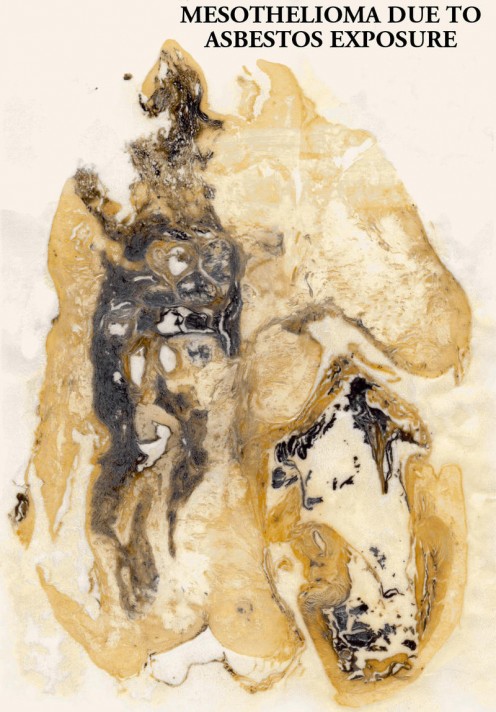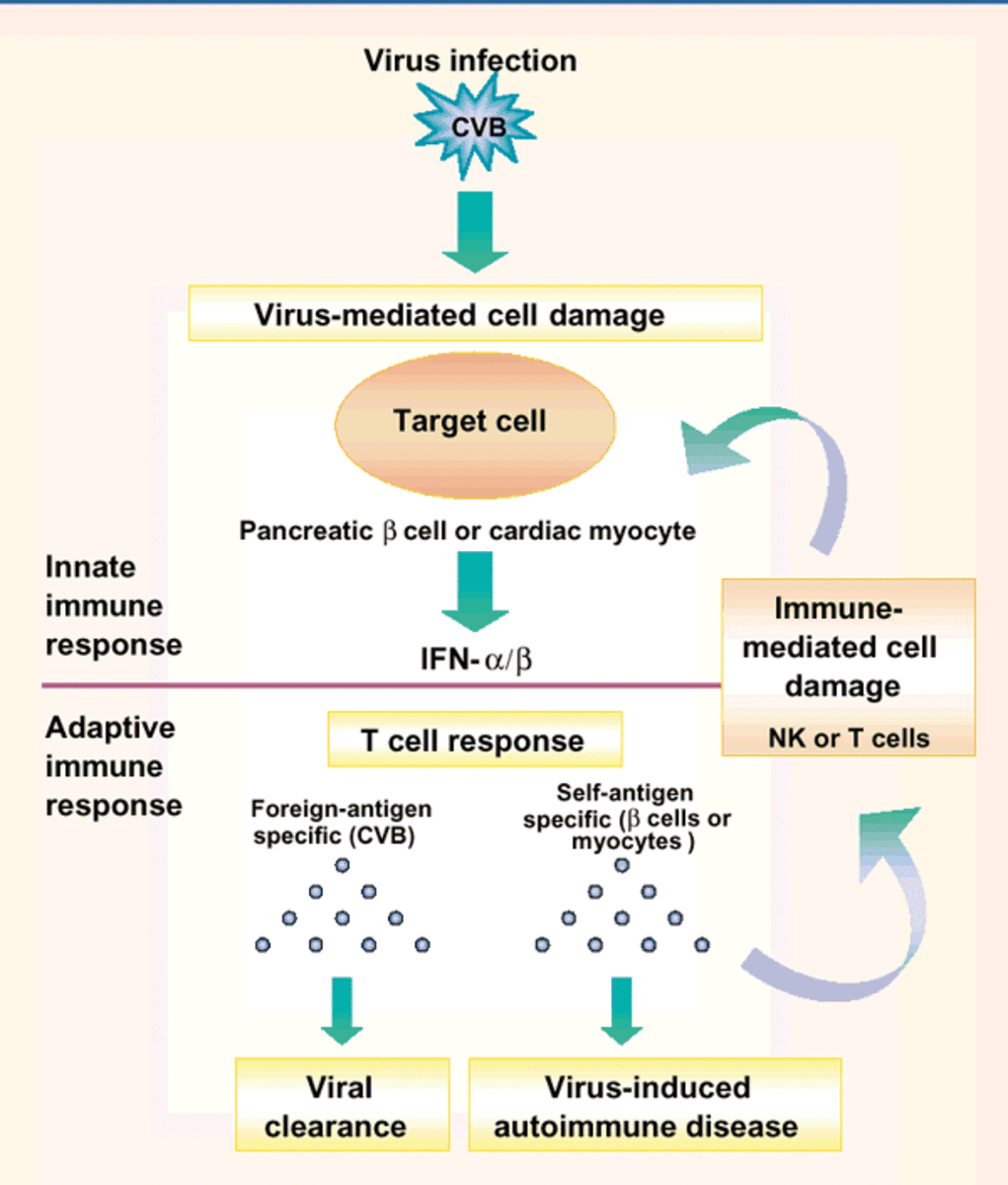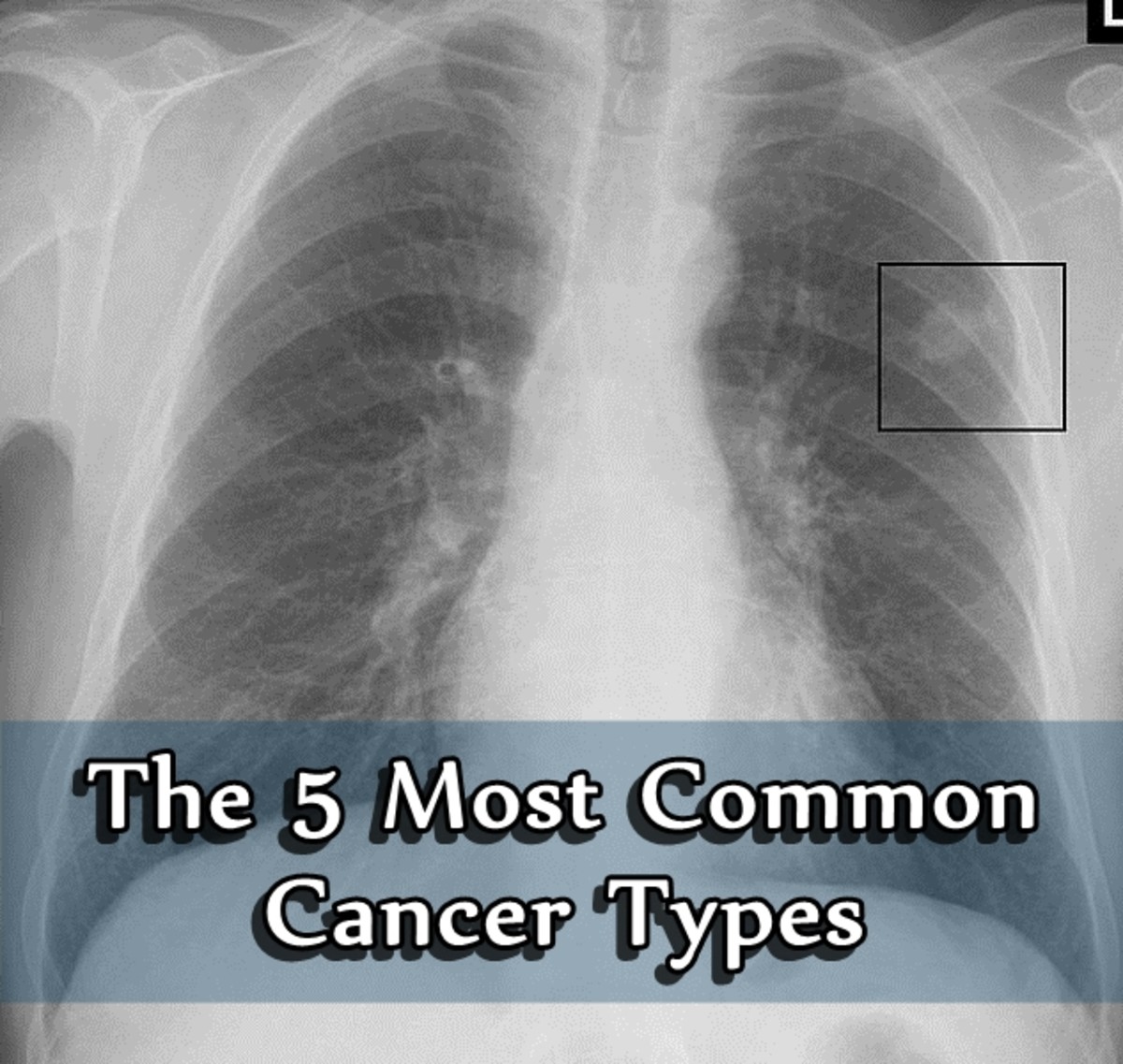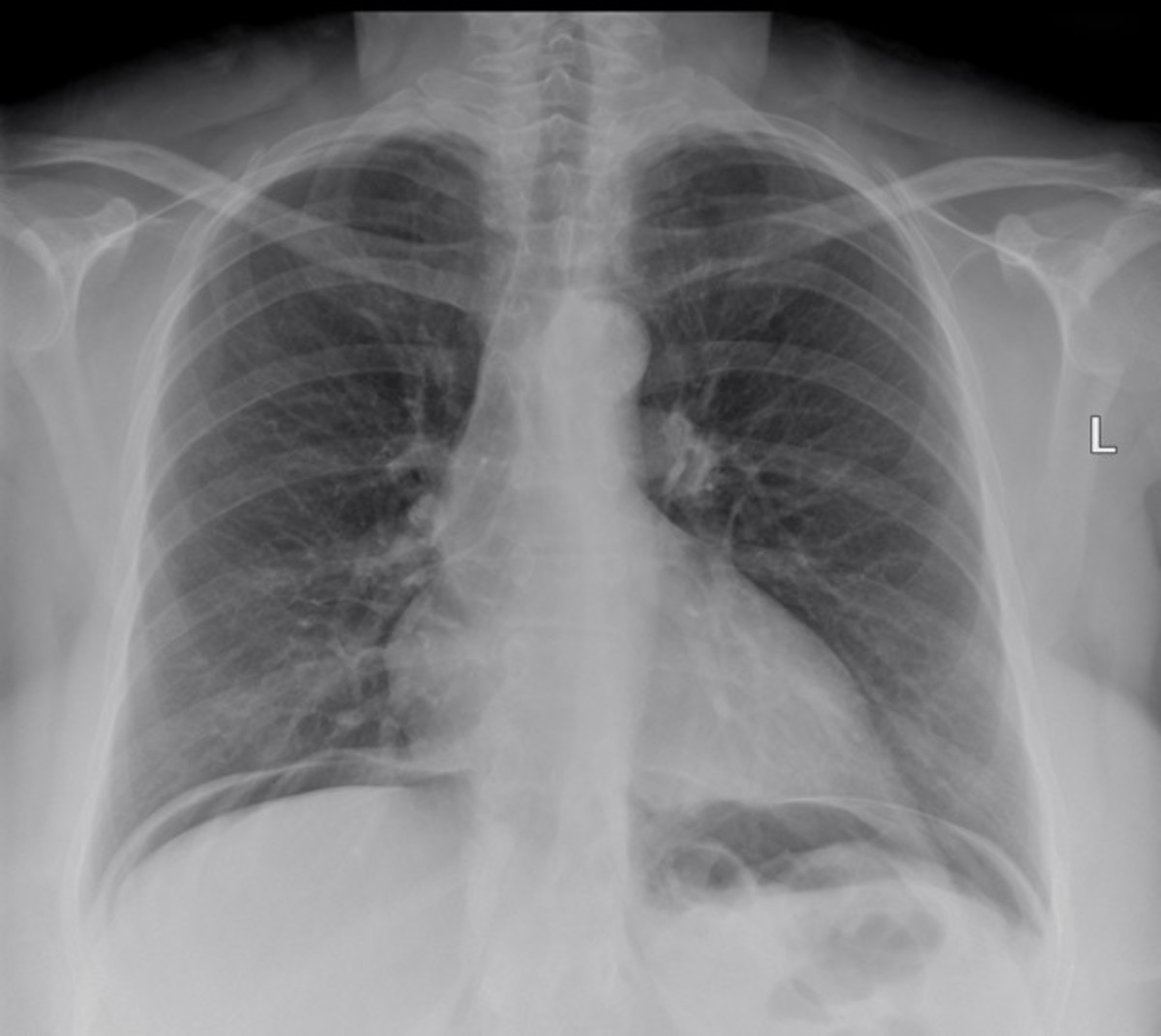got mesothelioma ?
What?
Mesothelioma is one of the strange cancer in that some people feel talking to a legal advisor (be it lawyer, solicitor, attorney etc) is almost as important as talking to a doctor. Of course if you have (or feel you may have contracted) mesothelioma and wish to talk to a lawyer then that is your choice and there are many sites which will advise you of legal action or recommend mesothelioma attorneys.
What is mesothelioma (precisely)?
Mesothelioma (cancer of the mesothelium) is a disease in which cells of the mesothelium start to become abnormal and divide without normal controls without any apparent order or reasoning. As with most cancers they can invade and damage nearby tissues and organs. Again in common with many Cancers the Cancerous cells can also spread from their original site to other parts of the body. In most cases mesothelioma will begin in the pleura or peritoneum.
How common is mesothelioma?
Although reported incidence rates have increased in the past 20 years, mesothelioma is still a relatively rare cancer. About 2-3,000 new cases of mesothelioma are diagnosed in the United States each year and 100-150 in the United Kingdom. Mesothelioma occurs more often in men than in women and risk increases with age, but this disease can appear in either men or women at any age.
What are the risk factors for mesothelioma?
As stated previously some exposure to asbestos is the most common factor. This is usually in an industrial setting, but it is not unknown for this exposure to take place in a domestic environment. An exposure of as little as one or two months can result in mesothelioma 30 or 40 years later. Working with asbestos is the major risk factor for mesothelioma. A history of asbestos exposure at work is reported in about 70 percent to 80 percent of all cases. In addition mesothelioma has been reported in some individuals without any known exposure to asbestos, but this is rare.

Types of Mesothelioma
Mesothelioma cancer affects the serous membranes that surround the major organs in the midsection of the body. Different organs can be affected by mesothelioma because the serous membranes surround the lungs, heart, abdomen and others. The most common type of mesothelioma is that which affects the lung lining, and is called pleural mesothelioma. Other types are pericardial mesothelioma, which affects the lining of the heart, and peritoneal mesothelioma, affecting the lining of the abdomen. Mesothelioma, contrary to what many people think, is not a type of primary lung cancer. That is, mesothelioma does not originate in the lungs, but as described above, it starts in the serous membranes or lining around the lungs (or other organs). However, mesothelioma can spread to the lungs and when this occurs, it is considered to be a secondary lung cancer. Mesothelioma is also commonly referred to as an asbestos lung cancer. Technically, this is also incorrect, since mesothelioma does not originate in the lungs. Asbestosis is a type of asbestos lung disease that is often confused with mesothelioma. Pleural Mesothelioma Pleural mesothelioma represents about 75% of all mesotheliomas. The disease can grow quickly and enlarge the pleural space, causing it to fill with fluid. This fluid leads to the discomfort or pain associated with first detection of the disease. It is thought that pleural mesothelioma is caused by the inhaling of fibrous materials, including asbestos. These fibers lodge in the pleura and, over time, cause damage to the tissue layer and cancer erupts. Learn more about pleural mesothelioma. Pericardial Mesothelioma The rarest form of mesothelioma is that which affects the linings of the heart cavity, called the pericardium. Less than 10% of all mesothelioma cases are related to the heart. As in the lung, the rapid growth of the cancerous tumors can cause expansion of the tissue and accumulation of fluid. The fluid can interfere with the functioning of the heart and cause chest pain. Mesothelioma cases are known to be caused by exposure to asbestos; but it is completely unknown how the asbestos fibers enter the tissue layers surrounding the heart. Learn more about pericardial mesothelioma. Peritoneal Mesothelioma Mesothelioma of the abdomen is called peritoneal mesothelioma. The serous membrane surrounding the abdomen is known as the peritoneum. This disease accounts for approximately 10% to 20% of mesothelioma cases. In addition, a rare form of peritoneal mesothelioma affects the male testicles. The covering layer of the scrotum is actually an out-pouching of the peritoneum. Peritoneal mesothelioma is due to the ingestion of fibrous materials, including asbestos. Learn more about peritoneal mesothelioma.
Mesothelioma Symptoms
Mesothelioma symptoms are not specific to the disease; that is, many mesothelioma symptoms are also symptoms of other medical problems.Most studies show that the symptoms of mesotheliomausually begin to appear 30 to 40 years after exposure to asbestos. Thus, many mesothelioma patients are unaware that the symptoms they are experiencing are related to something that happened much earlier in their lives. Even a short period of asbestos exposure (as little as a few months) can create the conditions for a disease that erupts much later in life.
Mesothelioma affects the lining of various cavities in the body. Over time, the growth of cancerous tumors causes these tissues to expand and gather fluid. The presence of excess fluid is typically what causes the symptoms to occur. Mesothelioma symptoms also depend on the location of the tumors.
Pleural Mesothelioma Symptoms
For pleural mesothelioma, or mesothelioma of the lining surrounding the lung, common symptoms include shortness of breath, chest pain and a persistent cough. Unfortunately, these symptoms are also very common for a number of other ailments, including pneumonia. The most common symptom is localized chest pain, but this may not occur until the disease is well advanced. A less common but still prevalent symptom of pleural mesothelioma is weight loss. Some patients show virtually no symptoms.
Peritoneal Mesothelioma Symptoms
Peritoneal mesothelioma is a cancer of the abdominal lining. Symptoms include swelling or a mass in the abdomen, weight loss and abdominal pain. Bowel obstruction and blood clots also have been known to occur and fever is sometimes present.
Pericardial Mesothelioma Symptoms
Pericardial mesothelioma affects the lining of the heart, or pericardium. Symptoms include chest pain, cough, irregular heart beat and irregular breathing patterns. Many of these symptoms manifest during physical exertion – even minimal exertion. Pericardial mesothelioma is the rarest type of mesothelioma.
The earlier cancer is detected – mesothelioma or otherwise – the more effective treatment aimed at halting its progression will be.







